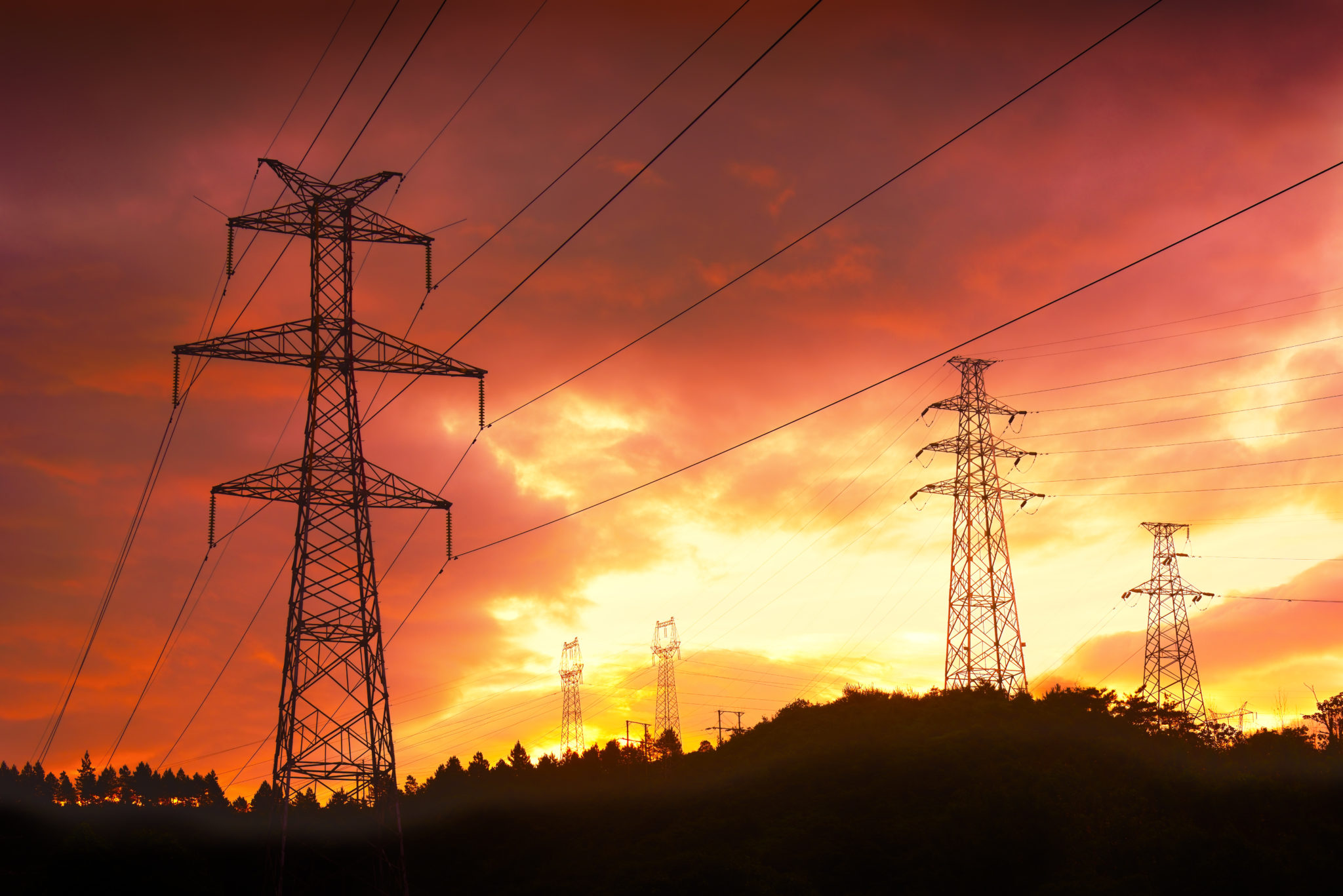Utility procurement | Government guidance on contract variation and procurement during crisis
Published on 26th March 2020

In response to the exceptional demands for urgent procurement by public authorities for vital supplies – and pressures on existing suppliers – the government has provided guidance, via two recently published Procurement Policy Notes (PPNs).
In the PPNs, the government has:
- Advised that exceptions to the procurement rules are likely to be available as a result of COVID-19. This means existing contracts may be able to be extended and varied, and new contracts may be awarded without a competition where they are required to be put in place on an urgent basis.
- Directed contracting authorities to continue to pay suppliers facing difficulties resulting from COVID-19 until June 2020, subject to various conditions.
Although the PPNs do not specifically apply to utilities, they provide welcome clarity on issues that utilities subject to the Utilities Contracts Regulations 2016 (UCR) will be grappling with.
Exemptions from procurement rules
Although the UCR remain in full force and effect, via PPN 01/20 (a Guidance Note) the government has clarified the various exceptions to existing procurement law that are likely to be available as a result of the COVID-19 crisis. The clarifications relate to the Public Contracts Regulations 2015 (PCR), but given the commonality between PCR and UCR the guidance is also helpful for utilities.
The exceptions mean that utilities can extend existing contracts, and put in place new contracts more swiftly, potentially approaching suppliers directly without advertising and running a competition beforehand.
The limited exceptions from the UCR that utilities can consider include:
- 'direct award' due to extreme urgency;
- 'direct award' due to absence of competition or protection of exclusive;
- call off from an existing framework agreement or dynamic purchasing system;
- call for competition using a standard advertised and competed procedure with accelerated timescales; and
- extending or modifying a contract during its term (time-limited until COVID-19 disruption subsides).
The use of these exceptions still requires certain further rules to be complied with: for example, in certain circumstances modification notices must be published in the OJEU. Utilities should take legal advice in applying the exceptions, particularly in relation to high-value or high-profile contracts.
Utilities should also be aware that as the COVID-19 disruption and lockdown continues, the defensibility of exceptions (in the event of challenge to a utility's reliance on them) could decrease, as the emergency measures become the status quo and more 'foreseeable' (as was the case with Brexit). Any approach that a utility adopts to applying the exceptions should be kept under close review.
The government guidance offers suppliers who are informed about the exceptions a window of opportunity to approach utilities, with specific reference to the recommendations in PPN 01/20, to offer to provide much-needed services more quickly than under the standard timescales required by the UCR. Suppliers wishing to position themselves within the scope of the exceptions (and thereby sell to utilities more quickly) should take legal advice on wording their approaches or offers to utilities in line with the newly-clarified government position to ensure their strategy is compliant with UCR and their offers are capable of acceptance by utilities.
Continuation of supplier payments
PPN 02/20 is an 'Action Note' for public authorities, requiring them to continue to pay suppliers even where those suppliers are unable to continue to deliver in accordance with current contractual requirements, as a result of COVID-19 related disruption.
This PPN does not apply to utilities. As a result, there is no firm instruction to utilities on whether or how to continue to pay suppliers who are unable to fully perform their contractual obligations during the crisis.
Utilities will need to consider whether to offer short-term relief or support to struggling suppliers to ensure supply chain resilience, particularly in the context of key and critical suppliers and service providers.
In that regard, the guidance for the public sector under PPN 02/20 is useful in explaining the potential options utilities could consider.
Utilities could continue to pay at usual contractual rates, or consider other options such as payment against revised/extended milestones or timescales, interim payments, forward-ordering, payment on order or payment in advance/prepayment. Risks associated with advance or pre-payment should be carefully considered and documented.
Alongside PPN 02/20 the Government has published Model Interim Payment Terms, which provides a set of contractual terms to implement PPN02/20 in providing contractual relief to suppliers who have been affected by COVID-19. This includes setting out the justification for the variation falling within an exemption from the PCR. Equivalent exemptions apply in the UCR and the model terms can be used by utilities as the basis for contract varitaions.
Waiver, variation, force majeure
PPN 02/20 suggests parties could consider use of relief mechanisms in existing contracts (such as relief on KPIs or service credits).
It also states that where suppliers invoke force majeure or frustration in order to suspend performance, a public body should 'first work with the supplier to amend or vary the contracts instead', for example 'delivery locations, frequency and timing of delivery, targets and performance indicators, etc.' and utilities may find variation a useful tool, particularly in light of the guidance under PPN 01/20 explained above.
Other routes may also be possible, including an extension of time for performance, or waiver by the utility of their rights under the contract. PPN 02/20 is clear that the public sector must take 'a pragmatic approach' and maximise any commercial flexibilities, 'including agreeing new measures such as on meeting lead times, waiving or delaying exercising the authority’s rights and/or remedies (e.g. to claim liquidated and ascertained damages, service credits or terminate the contract), revising milestones or delivery dates'. Again, utilities may want to take a similar approach, particularly where at-risk supply chains are critical to short or long term operations.
Any suppliers encountering difficulties in fulfilling obligations under existing contracts will likely want to refer to the PPN 2/20 recommendations in conversations with their utility customers. While utilities are not bound by PPN 2/20 and free to decide not to follow it, PPN 2/20 may at least provide a basis for discussion with suppliers about if and how the parties can adapt their arrangements to the circumstances.
While it may be possible to invoke force majeure clauses in certain circumstances (see our insight for more detail), it may not be desirable in utility contracts given utilities and suppliers may be able to reach a position, in line with PPN 2/20, where the supplier continues to be paid. The approach available will depend on the specific wording of the force majeure clause.
Frustration is another potential option, but the hurdle for claiming frustration of a contract is a high one under English law. Accordingly, PPN 2/20 discourages contracting authorities from entertaining frustration claims, stating that the fact that the contract is more expensive to perform, or has to be performed in a different way 'are highly unlikely to constitute grounds for frustration in itself', and the same will apply in the utility sector.
Open book requirement
A key condition for suppliers to be able to benefit from continued payment or other relief from the public sector is to operate on an 'open book' basis with the relevant contracting authority. Utilities may wish to consider enforcing a similar approach in exchange for offering relief or support to suppliers.
Open book measures listed include:
- provision of any data, including from ledgers, cash-flow forecasts, balance sheets, and profit and loss accounts, as required and requested to demonstrate the payments made to the supplier under contract have been used in the manner intended; and
- evidence of staff being paid and cash continuing to flow through supply chains.
PPN 2/20 also recommends that contracting authorities should recover payments from suppliers for failures of transparency, which could arise if commitments to share information had been made and then were found to be misrepresentative, for example. Again, utilities may want to consider including similar claw-back provisions in any arrangements agreed with their suppliers.
What does this mean for your organisation?
Utilities will now have greater certainty that they can extend existing contracts, or put in place urgent new contracts, without running a full procurement process if the circumstances outlined in PPN 1/20 are met.
It may also be possible for utilities and suppliers to work together directly to secure critical services on a short-term basis, without needing to go through usual procurement procedures, to help meet the exceptional demands resulting from the COVID-19 emergency.
Suppliers that are in difficulty as a result of COVID-19 may be able to negotiate relief under their contracts, particularly if they are willing to agree to operate on an open book basis.
Suppliers and utilities may alternatively seek to vary a supplier's obligations under the relevant contract where the supplier's performance has been affected by COVID-19.
Suppliers and utilties may want to take legal advice on whether the necessary conditions for extension/variation, urgent contracting, or supplier relief are met, to avoid risk of disruption and legal challenge. Osborne Clarke's team of experts would be very happy to discuss any questions you may have.





